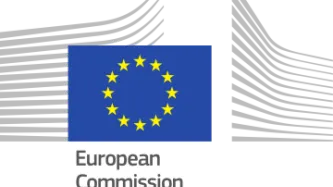Search
Content type: Explainer
At first glance, infrared temperature checks would appear to provide much-needed reassurance for people concerned about their own health, as well as that of loved ones and colleagues, as the lockdown is lifted. More people are beginning to travel, and are re-entering offices, airports, and other contained public and private spaces. Thermal imaging cameras are presented as an effective way to detect if someone has one of the symptoms of the coronavirus - a temperature.
However, there is little…
Content type: Examples
In December 2018, in the wake of the Windrush scandal, the National Police Council, which represents police chiefs across England and Wales agreed to cease passing on to deportation authorities information about people suspected of being in the country illegally. The measures also ban officers from checking the police national computer solely to check on immigration status. Police said they believed that their too-close relationship with immigration authorities in aid of the government's "…
Content type: Advocacy
Privacy International has responded to the European Commission’s consultation on the interoperability of EU information systems for borders and security.
The Commission is currently looking at ways in which various border control and policing EU databases and IT systems can be connected to share and exchange more data.
The plans raise a number of concerns as highlighted by Privacy International in our response. These relate to significant potential harms associated with…
Content type: News & Analysis
Together with a coalition with 18 Japanese rights groups, Privacy International today delivered a letter to the Japanese Minister of Justice to protest against the implementation of a fingerprinting system and face-scanning system at its borders. All visitors and many foreign residents to Japan will be fingerprinted under this plan. Our letter to the Minister is endorsed by 68 organisations from 30 countries. In our letter, we show that there are numerous problems with the government's plans.…
Content type: News & Analysis
Privacy International and the American Civil Liberties Union have appealed to the Council of the European Union, the European Commission, the European Parliament, and privacy commissioners in 31 countries across Europe to repeal the agreement between the EU and the US on passenger data transfers. We argue that, with the recent disclosure of the 'Automated Targeting System' being used by the US Department of Homeland Security, the US has violated both American law and the agreement with the EU…



